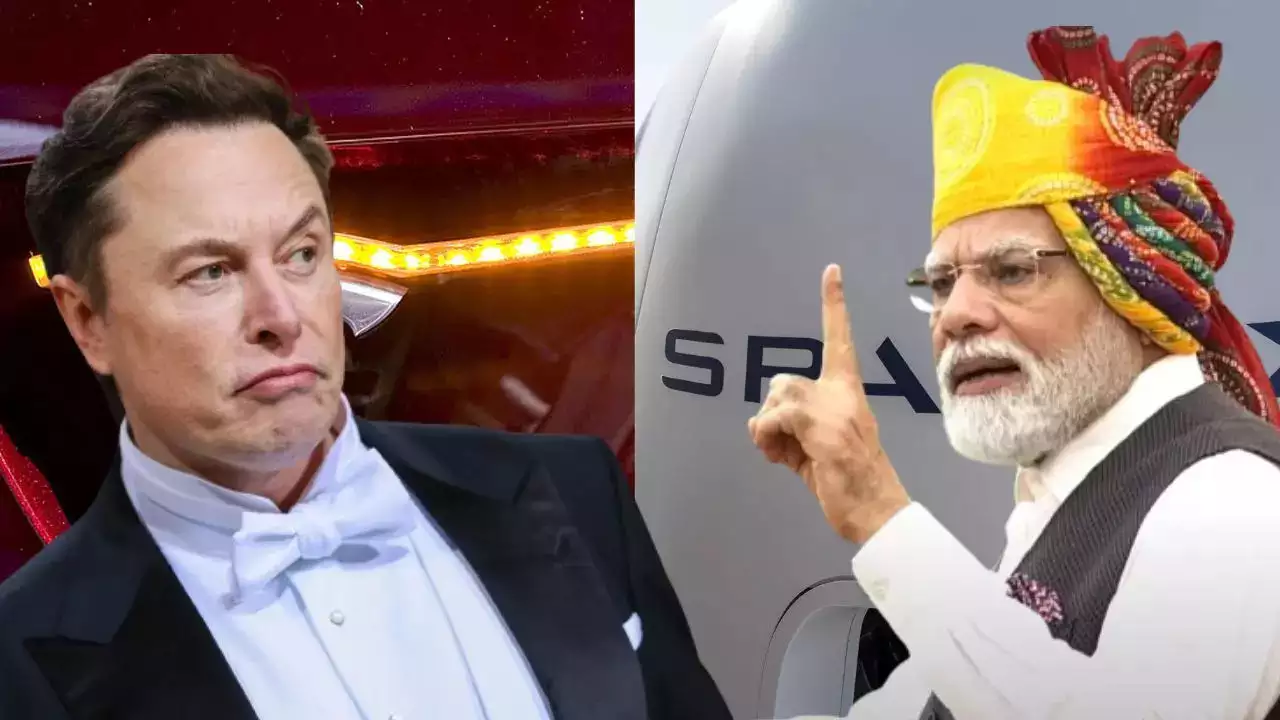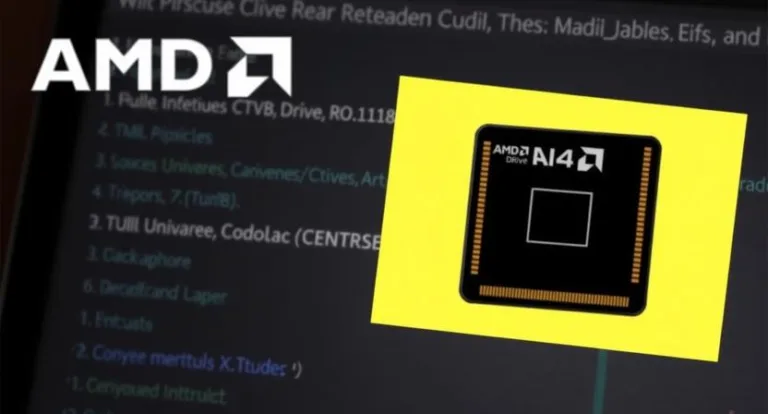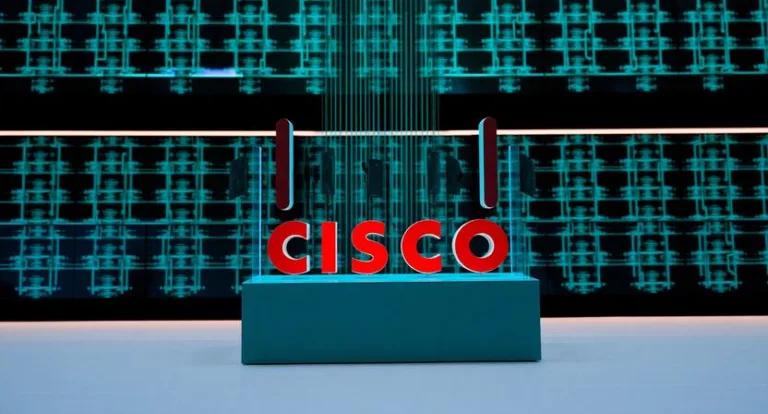Just before Elon Musk visit to India , Indian government has done some significant changes in India’s Space FDI rules , well is it to attract maximum investments from the founder of SpaceX ? , it might be as Elon Musk is trying to enter into India’s satellite communication Industry with his Starlink project.
The Indian Space Research Organisation (ISRO) has long been a symbol of India’s scientific prowess. From successfully launching Chandrayaan missions to Mars and developing cryogenic engines, ISRO has made significant strides in space exploration. Now, with the upcoming visit of Elon Musk, CEO of SpaceX, to India from April 21 to 22, the Indian space sector is poised for another exciting chapter. This visit coincides with a crucial move by the Indian government: the relaxation of Space Foreign Direct Investment (FDI) rules.
Understanding Space FDI
Foreign Direct Investment (FDI) refers to investment made by a company from one country into a business venture in another country. In the context of space, Space FDI allows foreign companies to directly invest in a country’s space programs, satellite manufacturing, launch infrastructure, and other related sectors. This influx of foreign capital can bring several benefits, including access to cutting-edge technologies, increased funding for research and development, and creation of new jobs.
India’s New Relaxed Space FDI Policy
Previously, India’s Space FDI policy was quite restrictive, limiting foreign ownership in most space ventures. However, the recent policy change aims to unlock the potential of the Indian space sector by allowing for greater foreign participation. Key changes include:
- Automatic Approval for Up to 74% FDI: Certain areas like satellite manufacturing, launch vehicles, and ground support services can now receive automatic approval for foreign investment up to 74%.
- Government Approval for Higher Stakes: Foreign companies seeking majority ownership (above 74%) will need to seek approval from the government on a case-by-case basis.
- 100% FDI for manufacturing:100 % FDI has been allowed for manufacturing of components and systems/subsystems for satellites without government permission.
This relaxed policy is expected to be a game-changer for India’s space ambitions.
Source: Indian Government
3 Potential Impacts of Relaxed Space FDI Rules
The relaxed FDI rules hold immense promise for the Indian space sector, here are the 3 potential impacts:
- Boost in Investment and Technology: Increased foreign investment will inject much-needed capital into Indian space ventures, accelerating technological advancements and innovation.
- Job Creation and Industrsy Growth: The influx of investment is likely to create new jobs in various sectors of the Indian space industry, fostering its overall growth.
- Collaboration Opportunities: Partnerships between Indian and foreign companies can lead to knowledge sharing, joint ventures, and development of cutting-edge space technologies. Areas like satellite communications, Earth observation, and space exploration offer exciting possibilities for collaboration
However, a potential downside to consider is dependence on foreign technology in the long run.
Industry Voices
“The relaxed FDI policy is a bold step forward,” said many experts, Previously ISRO’s Chief had also stated that India’s government investments will not be enough if we want to capture 10% of Global space sector , which currently is at 2% , Further he had stated that Foreign investments and private players involvement will play a crucial part in achieving this milestone. (source :TOI). “It will allow us to leverage global expertise and resources, propelling India’s spacefaring ambitions.”
While acknowledging the benefits, some experts have expressed concerns. “Over-reliance on foreign technology can be a double-edged sword,”, “We must ensure knowledge transfer and domestic technology development alongside foreign investment.”
Elon Musk’s Visit and Starlink Project
Elon Musk’s visit to India is expected to focus on potential collaborations and exploring opportunities in the Indian space market. SpaceX, Musk’s company, is known for its innovative rockets and Starlink, a mega-constellation project aiming to provide global internet access through satellites. The Indian government is reportedly nearing approval for Starlink, which could be a significant development for internet connectivity in remote areas.
Conclusion
The relaxation of Space FDI rules and Elon Musk’s visit signal a new era of international cooperation for India’s space sector. Increased foreign investment, technological advancements, and potential collaborations will empower India to achieve its spacefaring goals. With the right approach, India can leverage this opportunity to become a major player in the global space race.
Discover more from WireUnwired Research
Subscribe to get the latest posts sent to your email.




